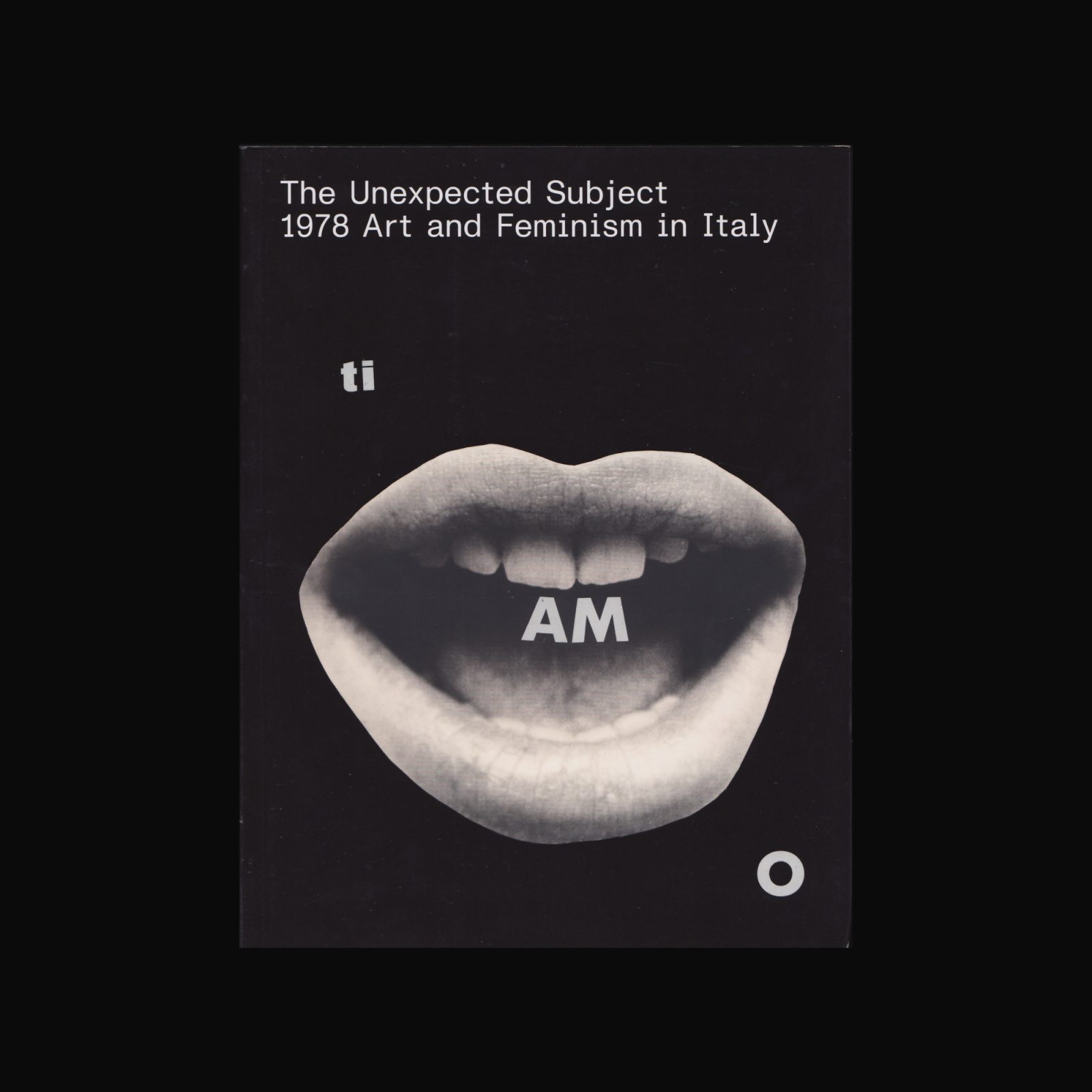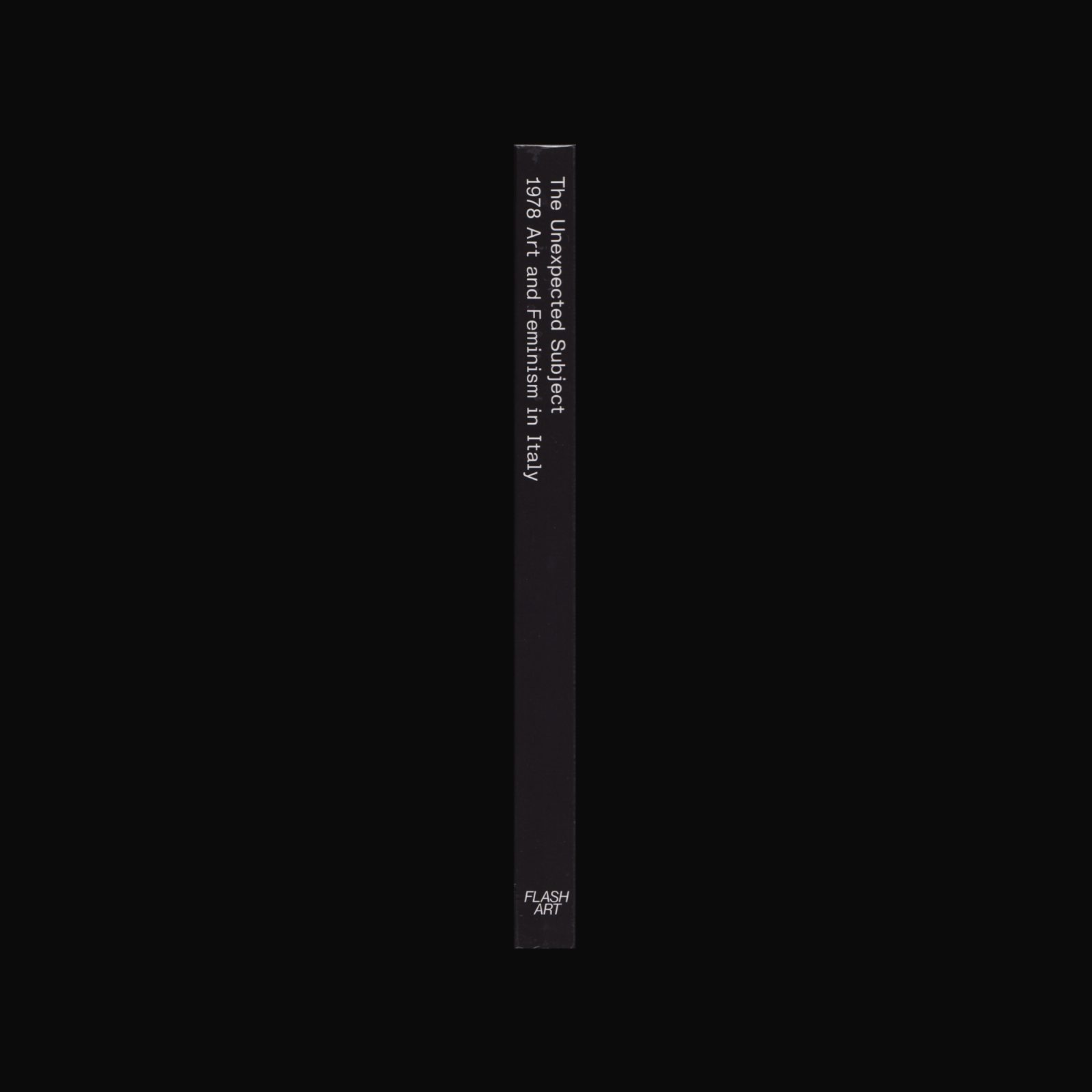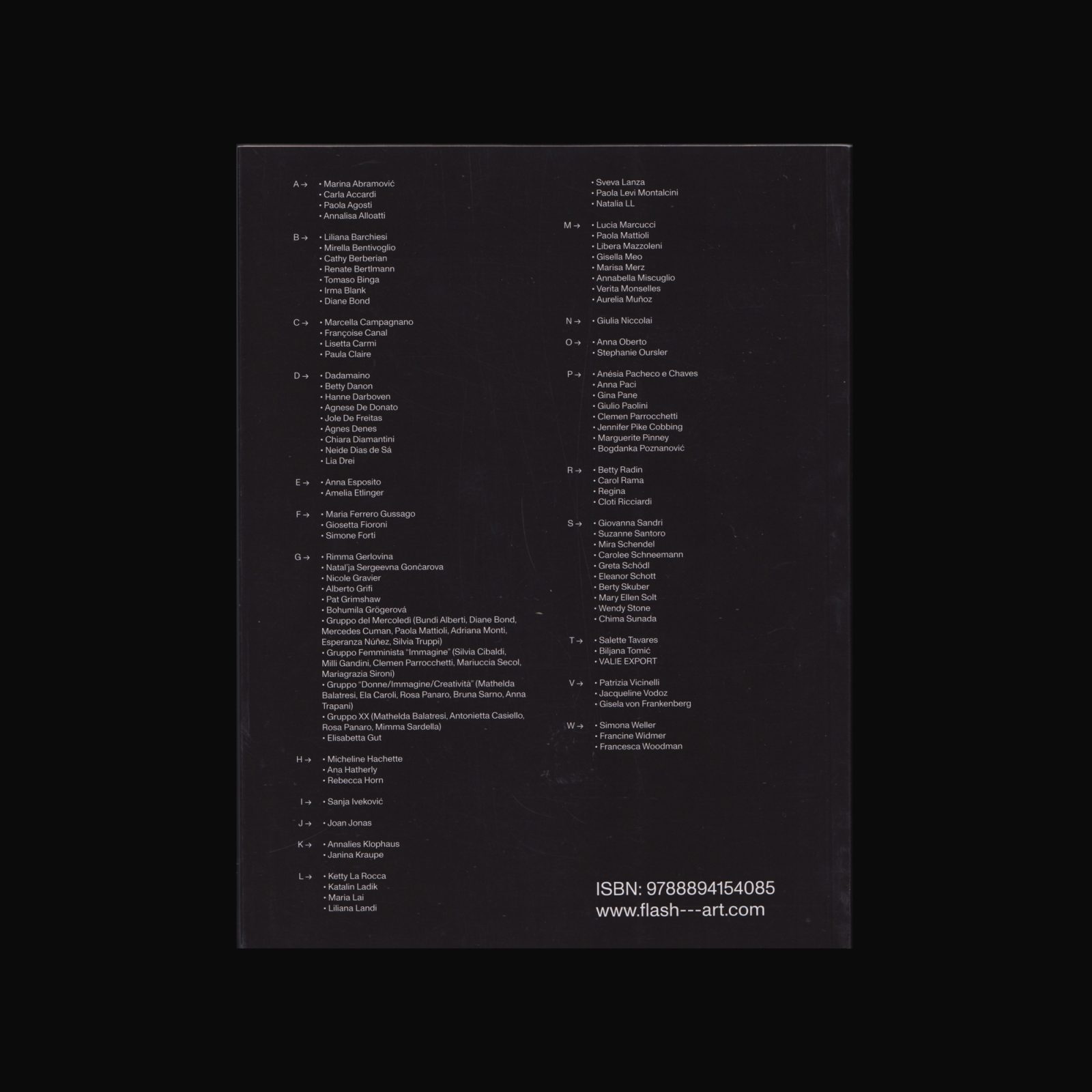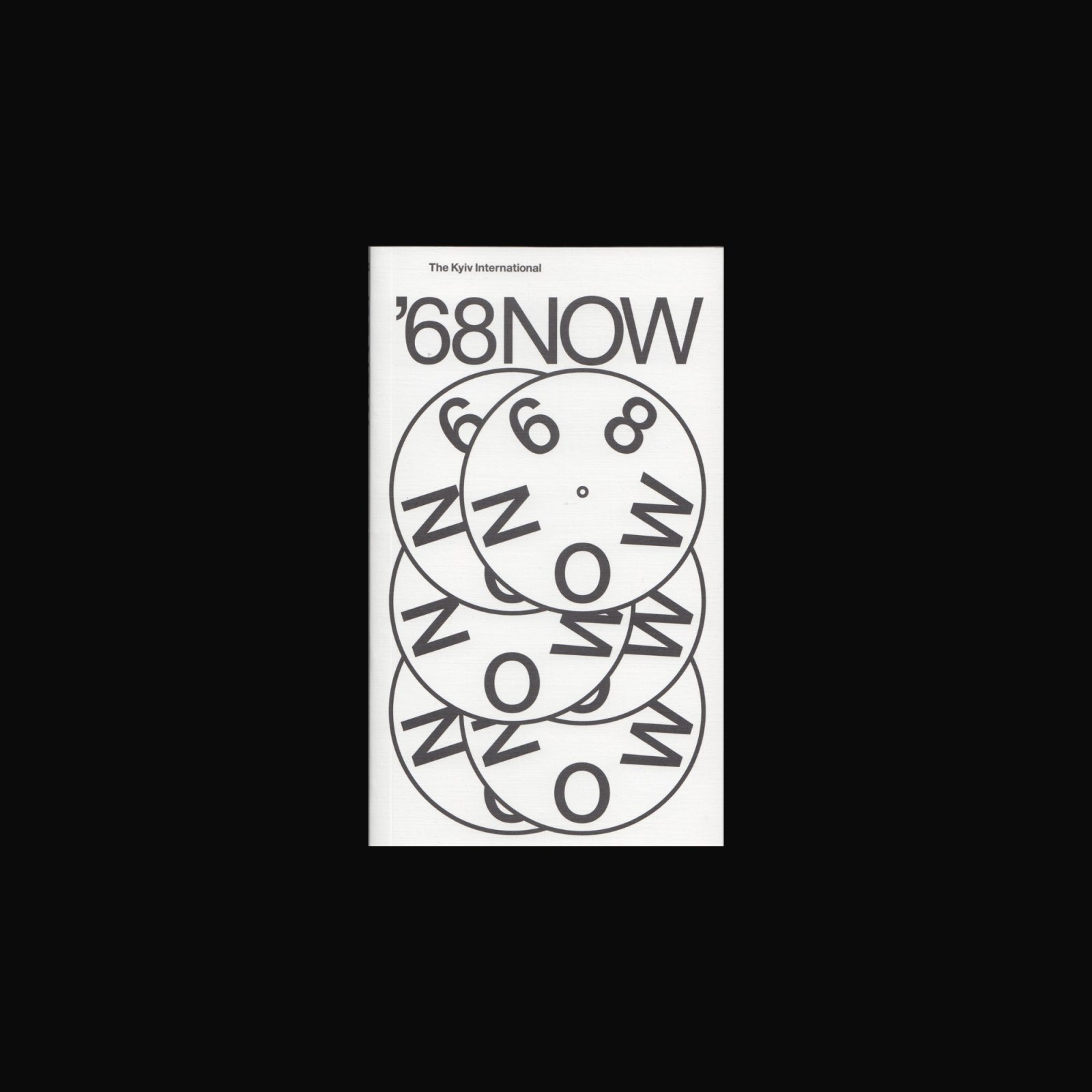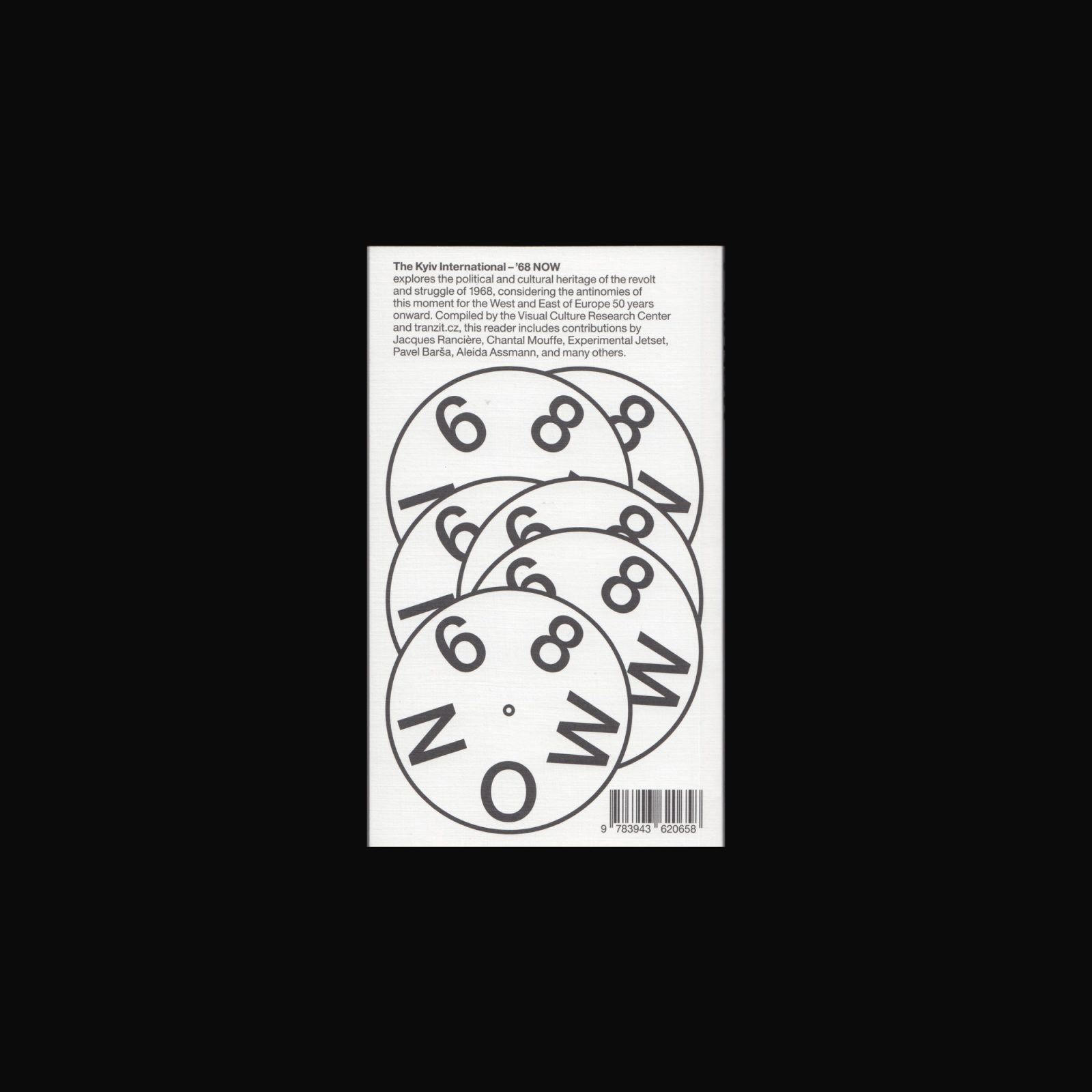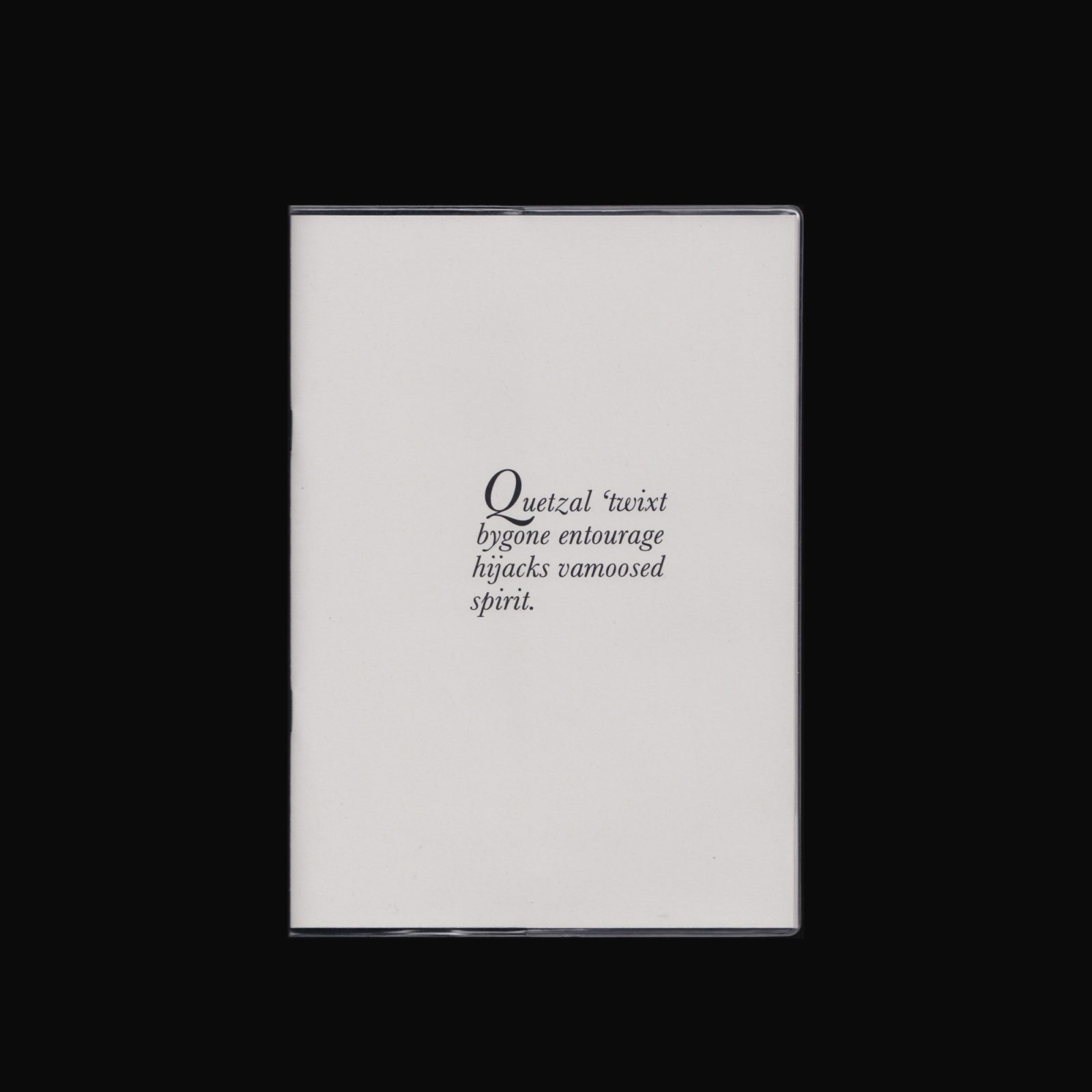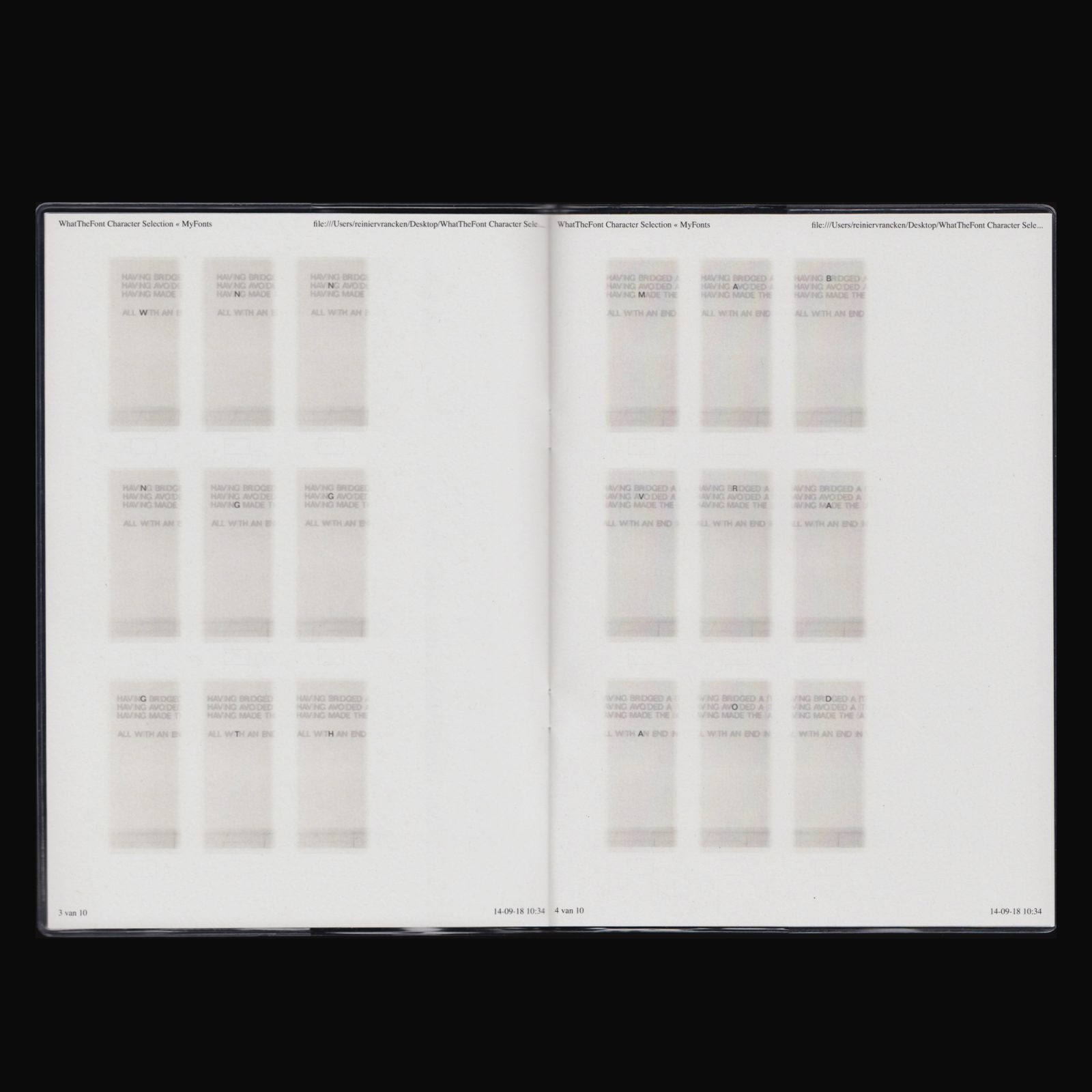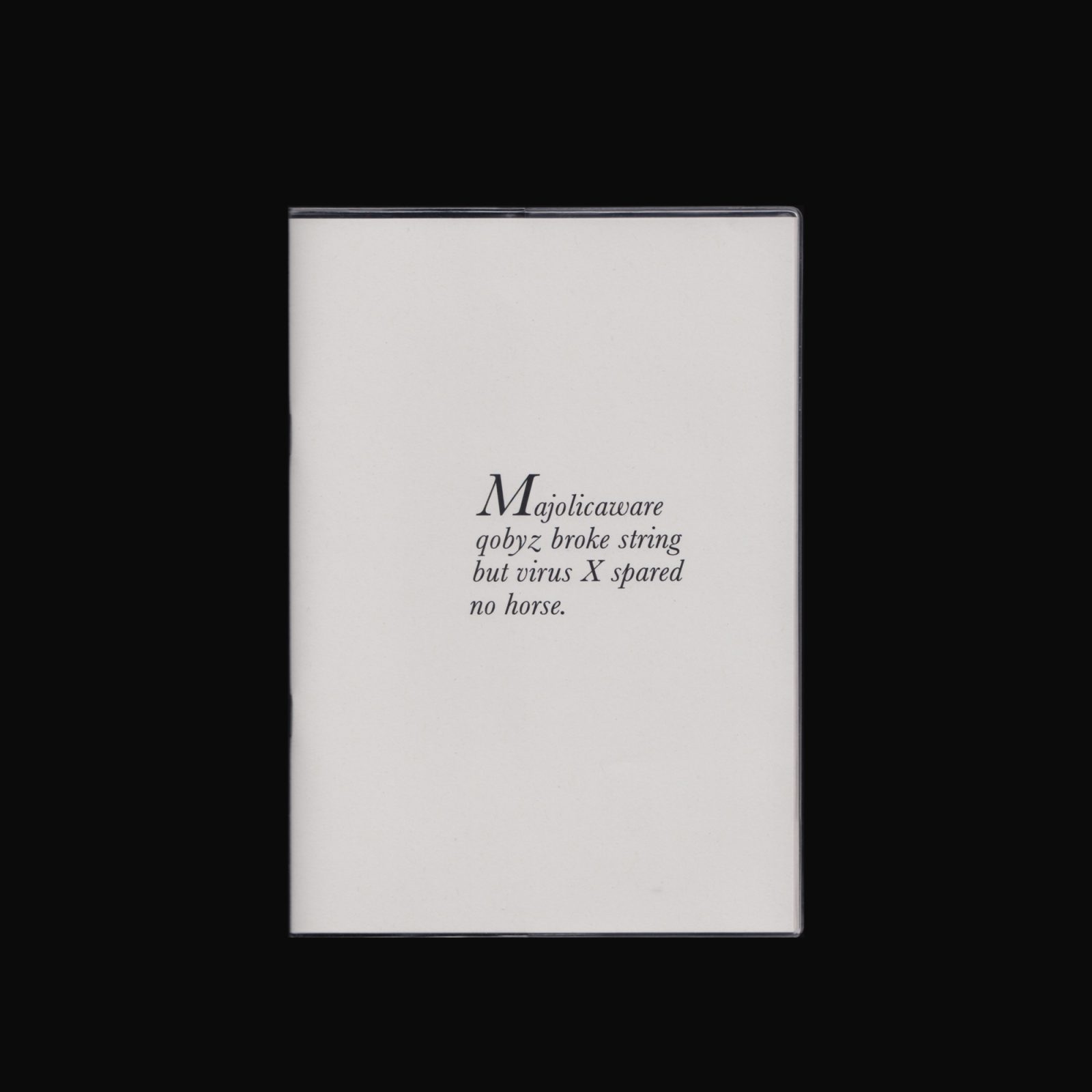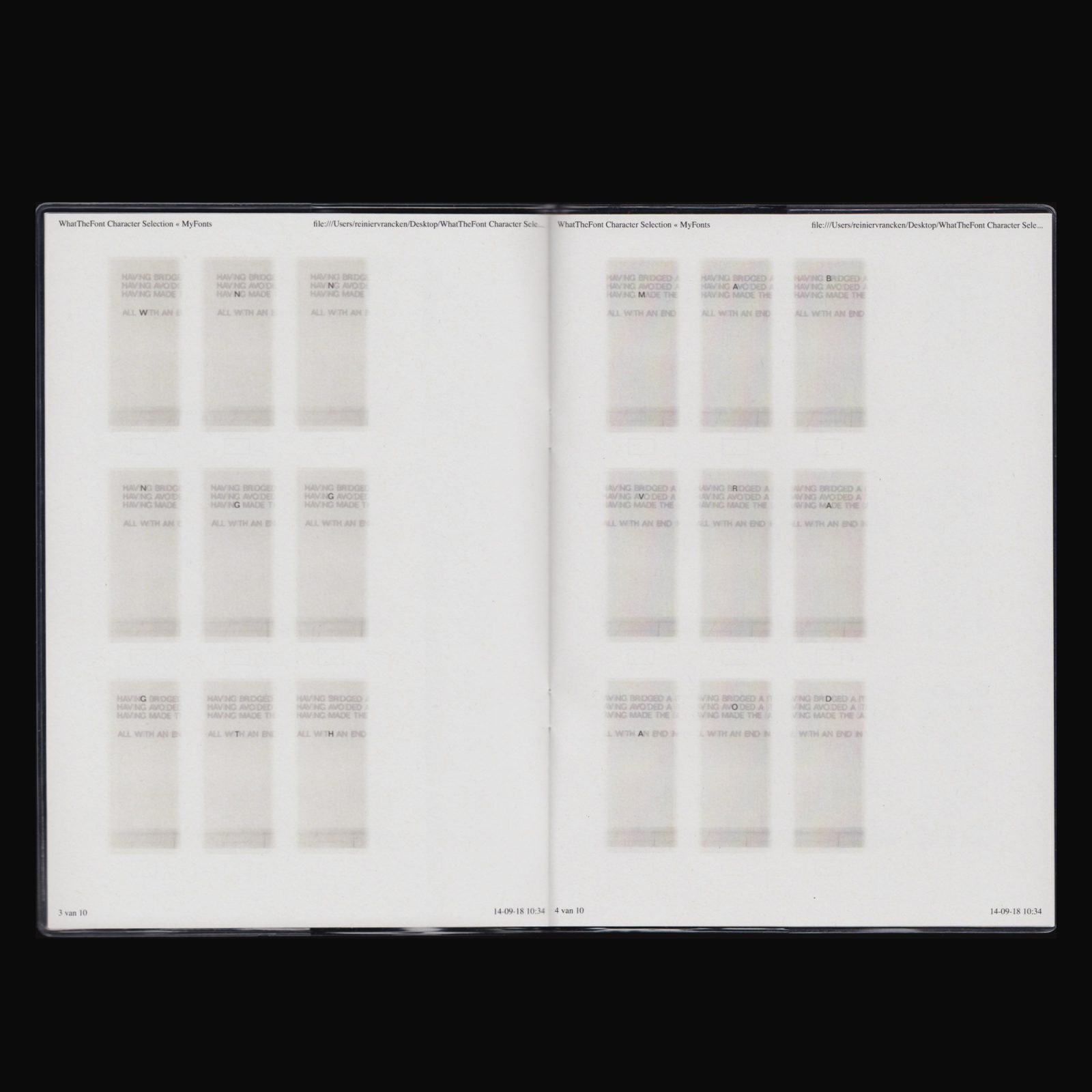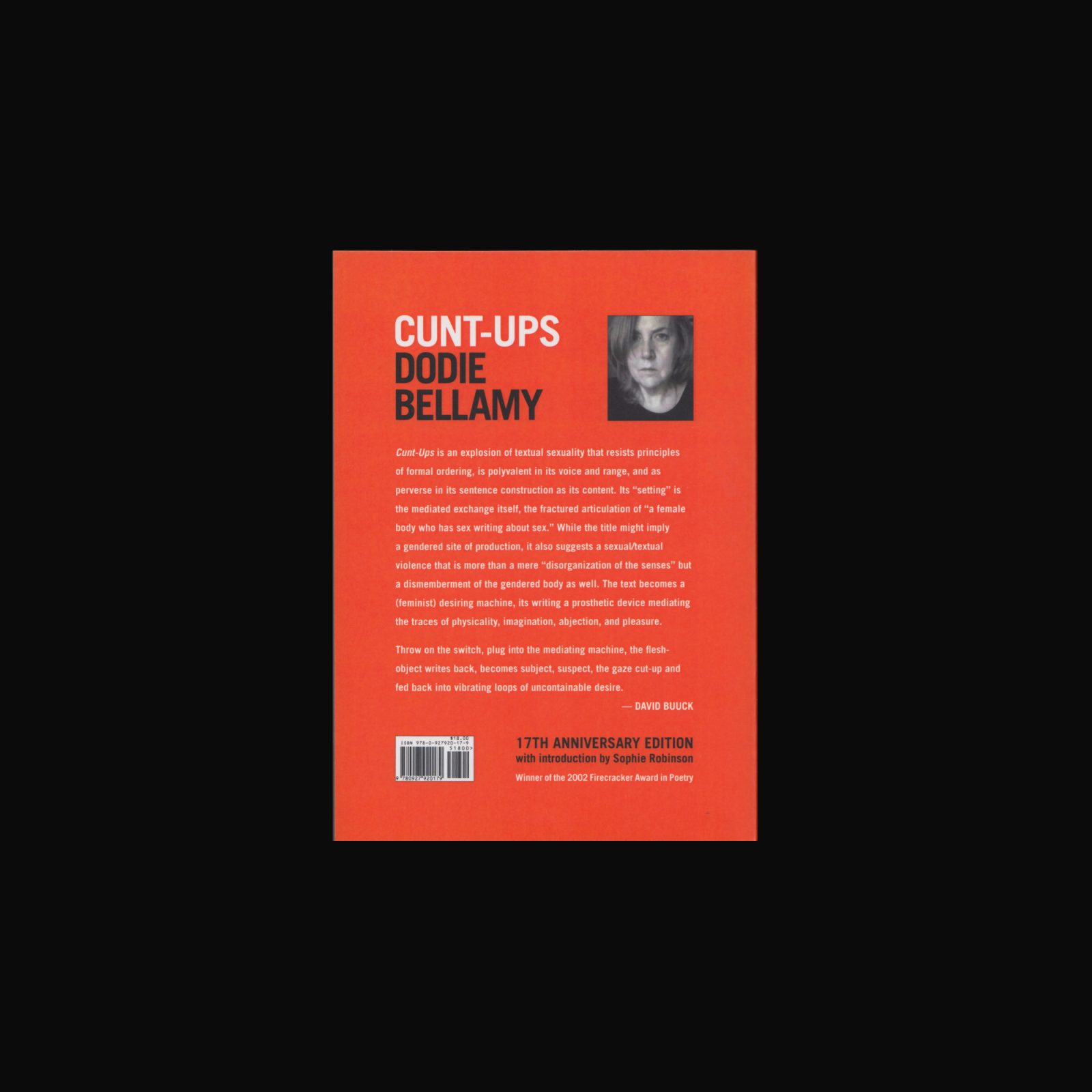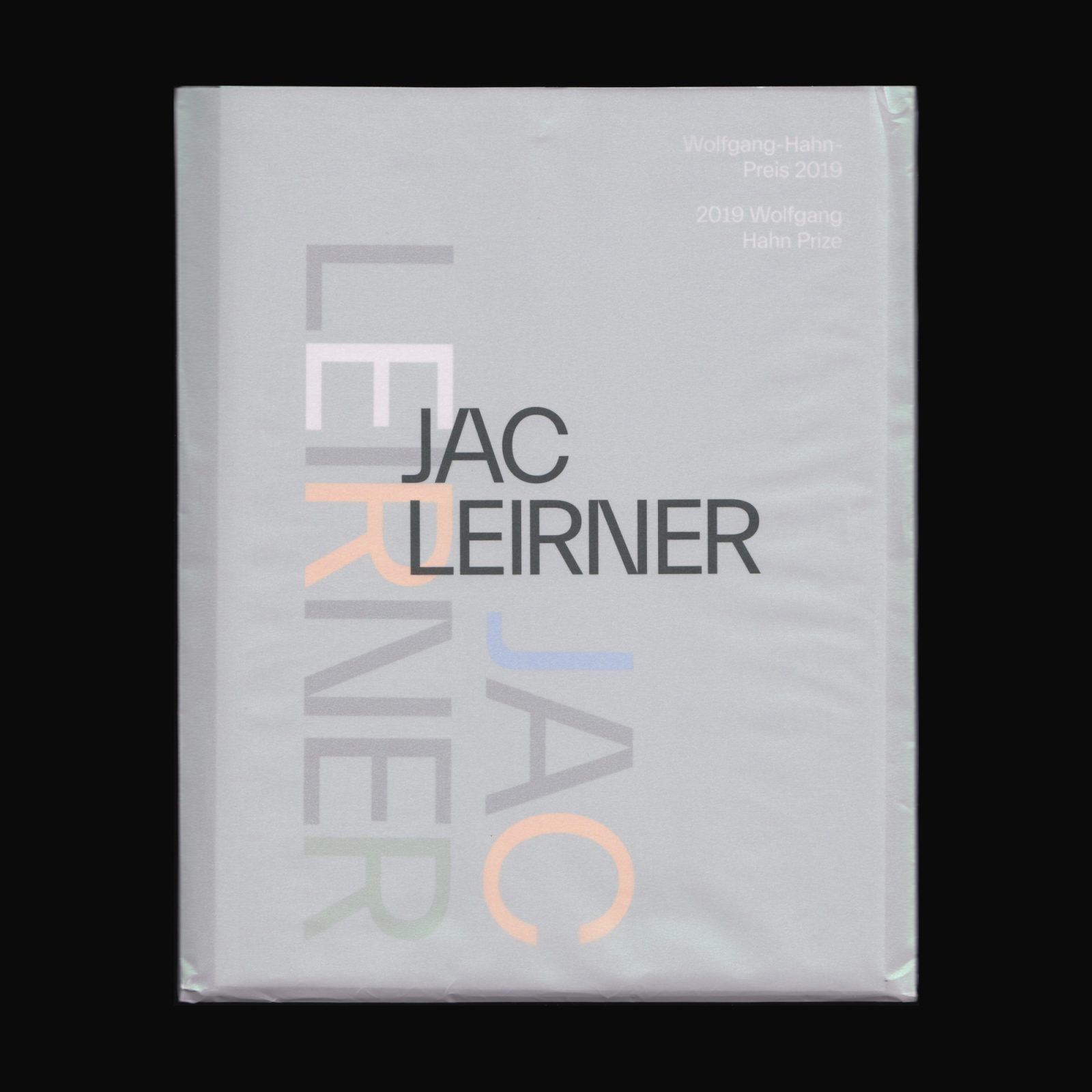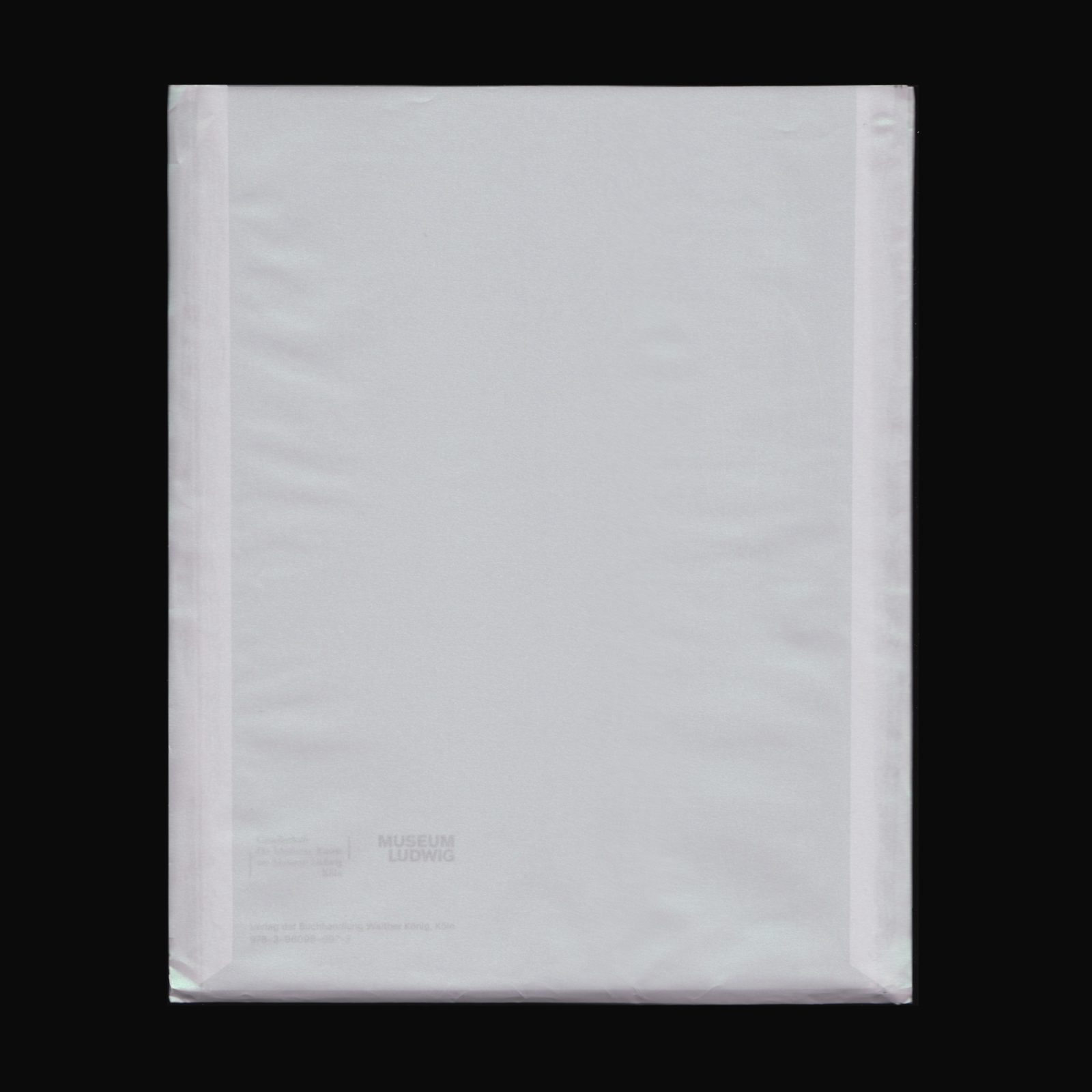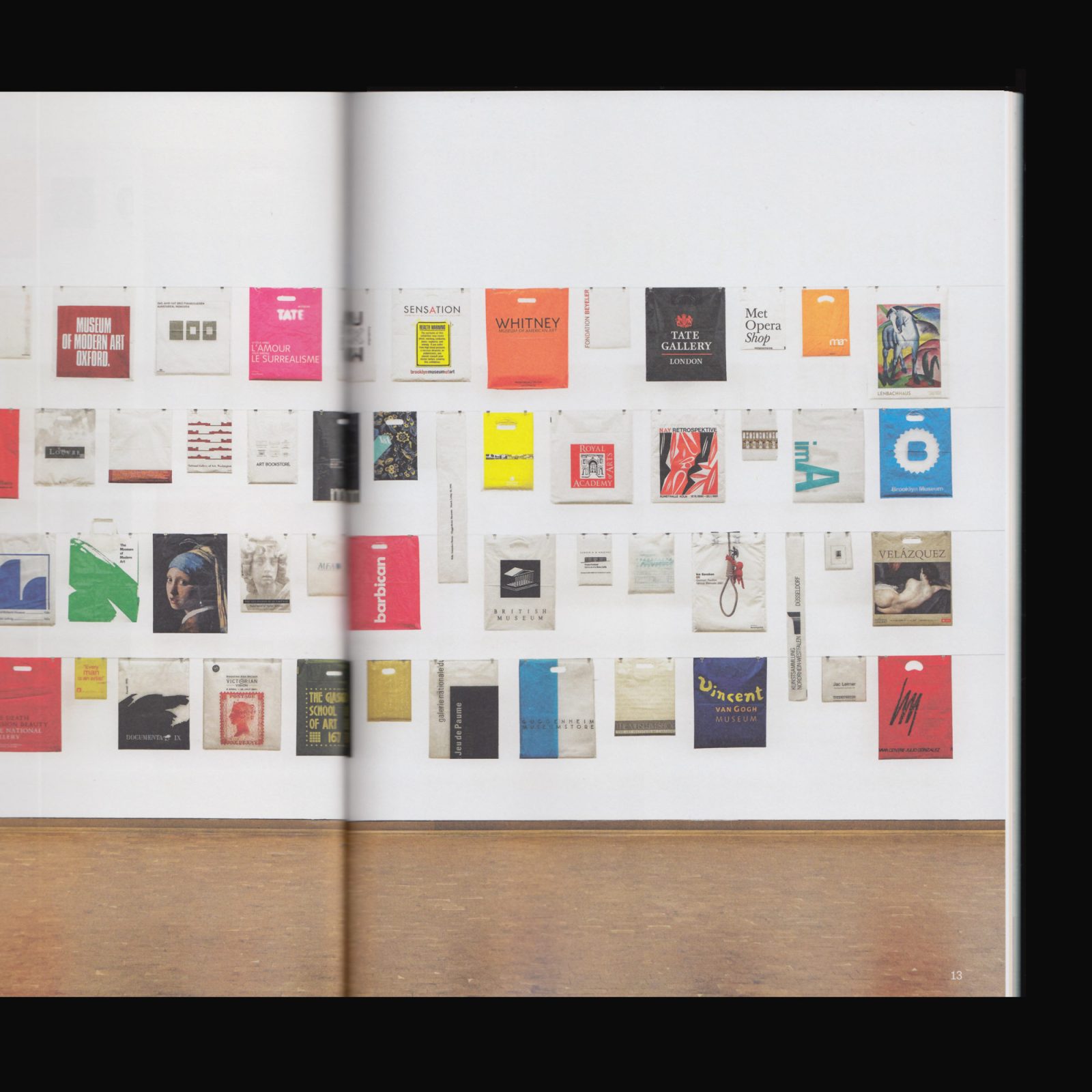Produced on the occasion of the eponymous exhibition at FM Centre for Contemporary Art, Milan, from 4 April–26 May, 2019. The Unexpected Subject. 1978 Art and Feminism in Italy recounts the Seventies as a key phase in the history of Italian art of the 20th century, during which the spread of feminist thinking stimulates a new critical awareness that encourages many female artists, curators and art historians to rethink their role in society, life and art.
With works by Tomaso Binga, Irma Blank, Hanne Darboven, Agnes Denes, Chiara Diamantini, Amelia Etlinger, Maria Ferrero Gussago, Simone Forti, Sanja Iveković, Joan Jonas, Ketty La Rocca, Katalin Ladik, Maria Lai, Marisa Merz, Carol Rama, Mira Schendel, Carolee Schneemann, Eleanor Schott, Mariuccia Secol, Mary Ellen Solt, Biljana Tomić amongst others.
